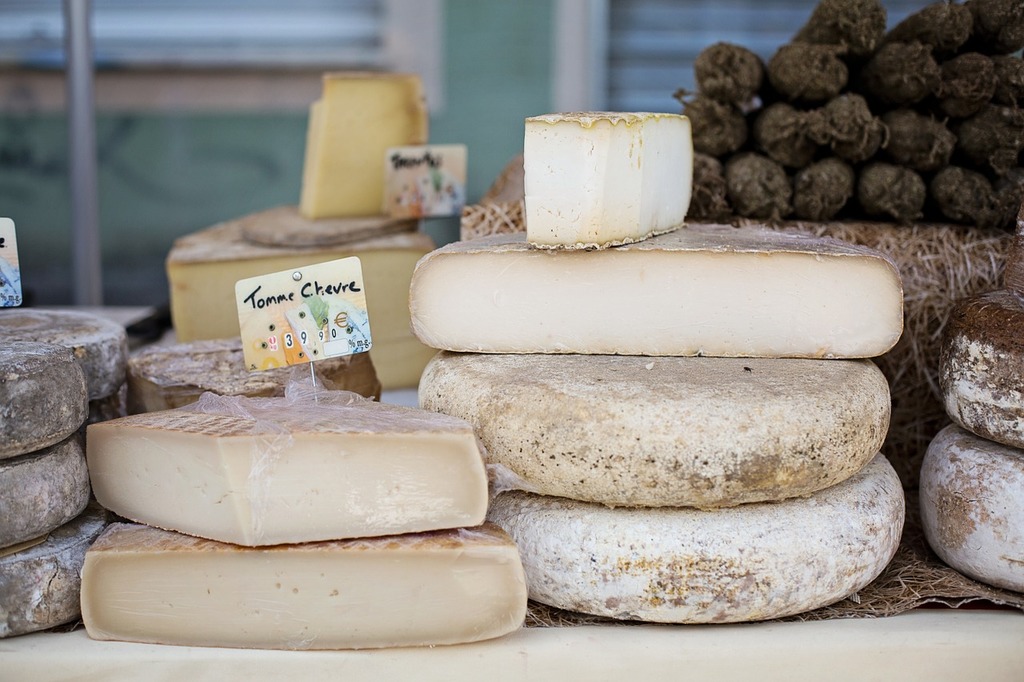News release
From:
Mental well-being promotes healthy ageing
Mental well-being is associated with healthy ageing, independent of socioeconomic status, according to a study published in Nature Human Behaviour. The findings suggest the importance of mental health in promoting longevity and stress resilience in ageing.
The connection between mental well-being and physical health outcomes has been the subject of extensive research and debate. Previous observational studies have suggested a link between positive mental health and enhanced ageing processes, including a reduced propensity for disease and increased lifespan. However, the causal nature of this relationship has remained unclear, largely owing to potential confounding factors, such as personal socioeconomic status, and the challenge of reverse causality.
Tian-Ge Wang and colleagues analysed publicly available genetic data on people of European-descent to examine the effect of mental well-being on different outcomes of ageing. In an analysis of datasets with a maximum of 2.3 million people, they found that individuals with better mental well-being tend to experience healthier ageing (characterized by improved resilience, higher self-rated health, and longevity).
Through their analysis of 8 datasets with 800,000 to 2.3 million people, Wang and colleagues note that income, education, and occupation were all associated with better mental well-being, and that increased income was the most strongly related. Additionally, after screening 106 candidate mediators, they report that decreases in measures of a sedentary lifestyle (for example, TV watching time) and smoking, as well as, for example, increases in the intake of cheese and fruit, may lead to improvements in well-being and healthier ageing.
The findings highlight the importance of integrating mental health support into public health policies and ageing research. The authors suggest that interventions aimed at improving mental well-being could be a viable strategy to enhance healthy ageing across populations. However, the study’s reliance on data from individuals of European descent means there is a need for further validation of these findings across more diverse ethnic groups.



 International
International



